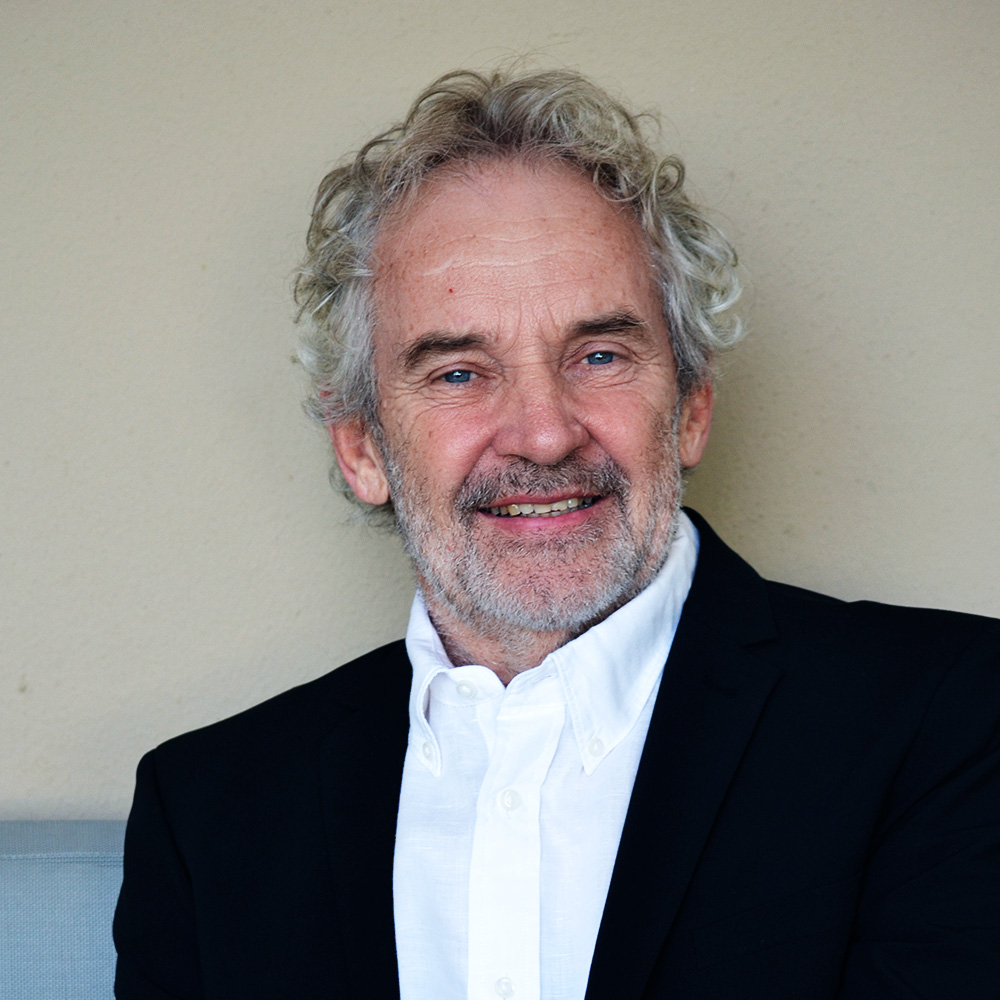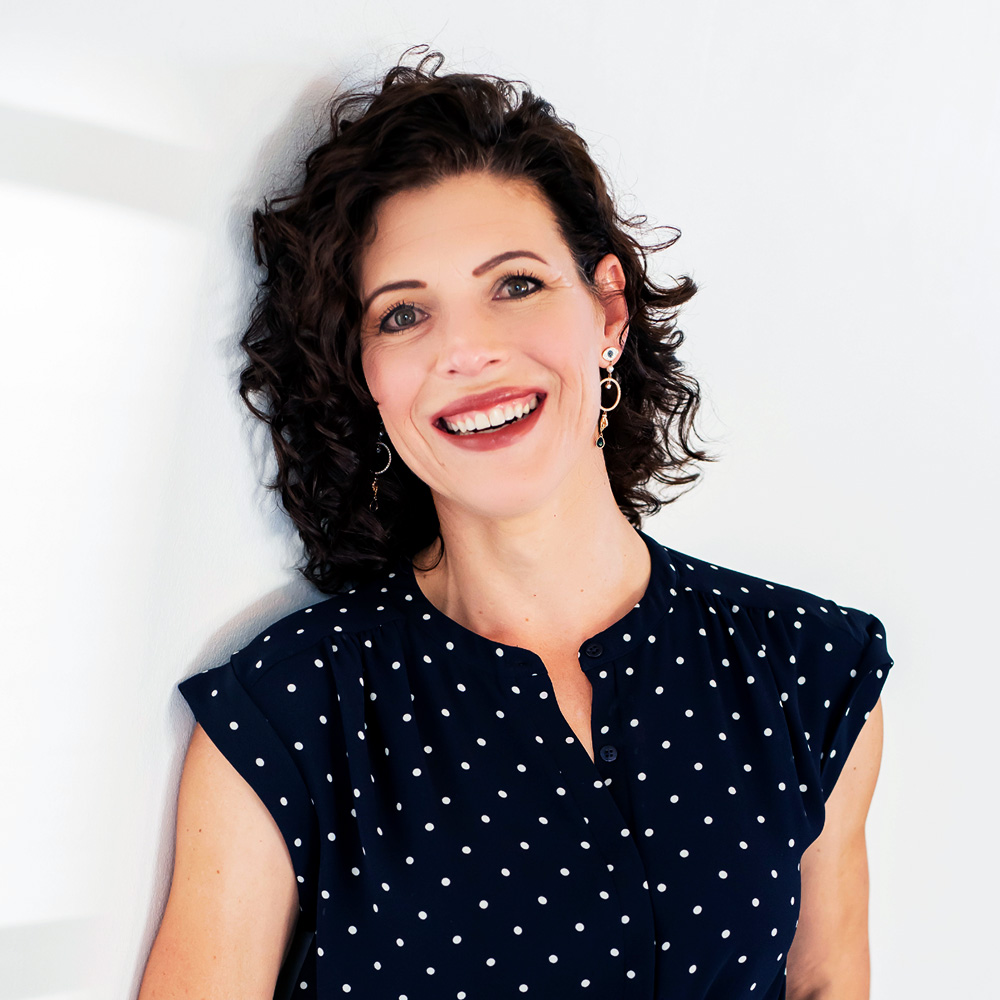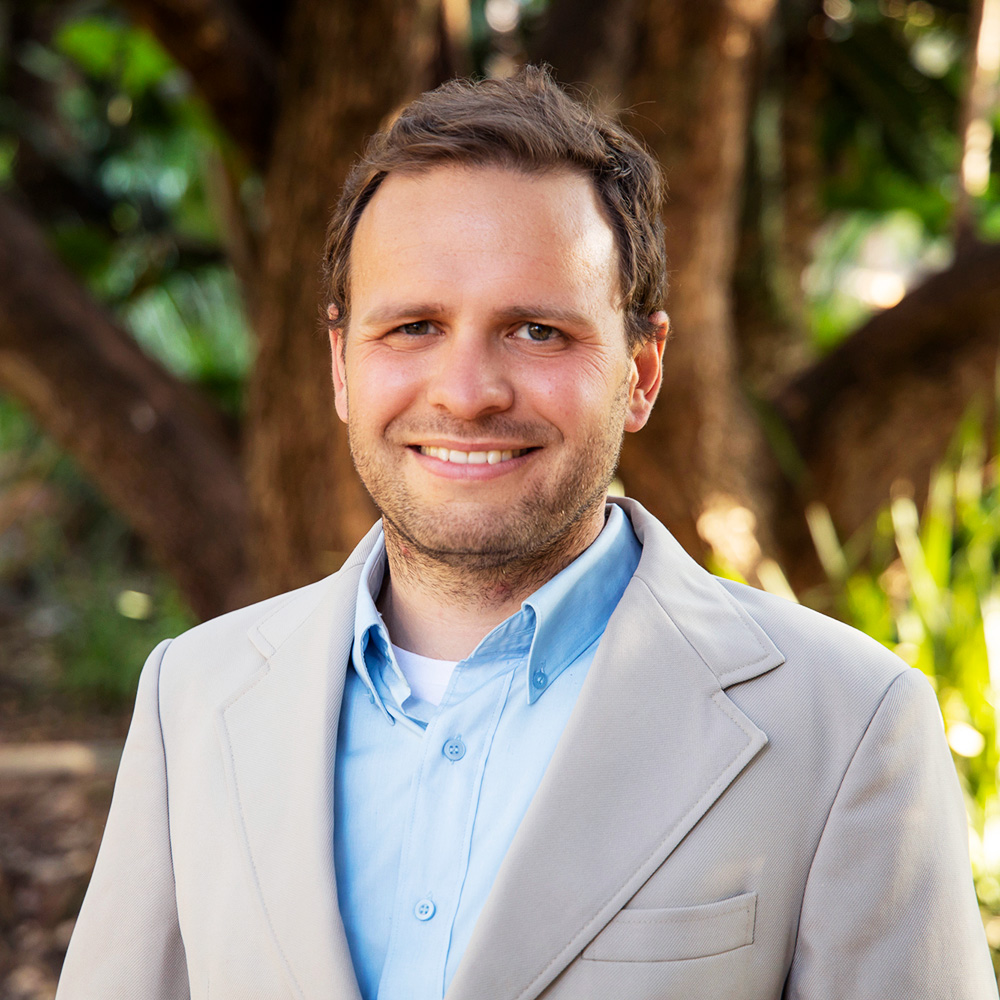Pieter de Villiers, Lizette de Villiers & Jan Niemand

Future World
Workshop Offerings
The aim of these workshops is to help people make up their own minds about the way they see the future unfold in their lives, their businesses, and their working environment. The authors act as soundboards and not as teachers, preachers, or lecturers. We must all make up our own minds. It is a process, and the best way to do it is to test your thinking (and our thinking) through discussions.
Future Workshops
The authors will host seven Personal Development Future Workshops aimed at those who want to be informed, prepared, and ready for things to come. Once you’ve read our book, you will become aware that our world will change significantly in the future.
We must, however, be honest; we can’t always be ready for everything that will come our way. But we can be as prepared as possible. There will be seven workshops. We have 20 seats if you prefer to attend in person, and we have 20 seats for those who can’t attend in person but would like to attend on Zoom.
The authors trust that you will experience this as an information rich experience with practical value for your life.
INTRODUCTION
Any discussion about the future can become a stressful experience. It is a pattern that repeats itself in every generation. There are many perspectives among people about what the future holds and, in most situations, there are five broad groups. The one group are those who hold on to the past. What they know and how things have always worked are the realities they want to stay with and the mechanisms of life that they are comfortable with. These individuals tend to take a negative perspective about the future and the changes they will have to make to function optimally in a future world. This group can be very vocal against future technologies, methods of doing business and life in general. In the extreme they turn their viewpoints into a religious or spiritual perspective to give it more authority.
The second group are those who do not like thinking and talking about possible future developments and they are very passive in their acquiring of knowledge and thinking about the things to come. But when things do change and the changes are necessary for them to embrace, they do it slowly and without too much thinking. They are the typical ‘go-with-the-flow’ crowd.
The third group are the ones that can’t wait for future things to happen, especially on a technological front. They actively search for new technologies, use it when it becomes available
and they are on top of most futuristic developments in areas where they have an active interest and where they would like to improve their lives. When they find new innovative technologies, they investigate, they know how it works and what it can do. If these new technologies are within their reach and add value to their lives, they will actively use them as well.
The fourth group is very small. They are the minority of society but they are the ones who have
and who will shape our future world. They are the ones who design, develop and build the future. They want to fly with rocket suits, set up a human colony on Mars, build mobile devices that can drive a car, build systems that enable people to run their entire household and all the devices in it from their mobile phones. They build robots for advanced medical procedures. This is a small group of highly innovative and skilled people who design and build capabilities and technologies that continuously redefine the future for many people.
Group number five is the most interesting of all. They are the ones who do not know that there
is a future world that is unfolding. They live and work for today. Tomorrow, they will again live and work for the day or the week. They see things change but they have no idea what it is about, how it works and how it can be used. They use what they have. They do what they have to do in a way that they understand. If they are part of a discussion about future technologies, ventures and social trends, they become very quiet and they observe and listen. They have no idea of things to come.
This book is for everybody. It is an easy read with emphasis on practical, everyday things that
touch the lives of many people. It is based on existing patterns that are used to anticipate future
developments in specific areas. The aim is to inform and share ideas. The authors are convinced
that the things they anticipate will happen. Patterns and trends are the most reliable constructs to use when it is necessary to anticipate future events. Although some themes and topics in the book may sound like a repetition of anticipated trends, it has been repeated to indicate the importance of what will happen, what to do and how to best understand changes. It has also been written to integrate different areas of change and how it will influence the same space of our existence. An
example will explain. Changing weather patterns will influence the way we work, build business,
produce food and the places where people live.
The authors trust that you will experience this as an information rich experience with practical
value for your life.
Pieter de Villiers
Other chapters:
Pieter De Villiers
The 4 th Industrial Revolution is here and is already shaping global and local societies. This will affect
everybody, and nobody is exempt. Don’t be caught off guard!
Pieter De Villiers
There are some fundamental principles that each person will have to embrace in order to navigate the
future sensibly. This chapter will summarize those key elements for readers.
Pieter De Villiers
The truth is, politics is proving to be a messy and unsavoury business and most people are fed up.
Where is this going and where does that leave us?
Jan Niemand
Religions and belief systems are alive and kicking! Although we can clearly see a rise in non-religious
folk, this does not mean that the global population will soon become non-religious. On the contrary!
However, the future holds some challenges for religions which will have to be taken seriously.
Jan Niemand
The problems our world is facing are not minor. Very few people will be left unaffected. The key is to
take the risks seriously on a global level, but act locally and intelligently to mitigate risks.
Pieter De Villiers
We are in for an interesting ride to say the least! The truth is, the weather systems and patterns of the
world are changing. The difficult part is to determine where they will stabilise (or if they even will
stabilize). Again, practical guidelines are given to address to mitigate the risk of the weather problem.
Lizette De Villiers
Our personal lifestyles will have to adapt, and quite radically, to ensure that we stay on top of the
challenges that the future will bring. Again, we have to act locally but think globally.
Pieter De Villiers
There are some interesting changes in the business world coming (in fact, they are already manifesting
in our society). Pieter shares some insights and practical advice for everyone who will partake in the
economy that is busy emerging.
Lizette De Villiers
Relationships are possibly the most sensitive aspect of our lives, and they will most certainly be affected
by the societal pressures and changes. People will have to rethink their relationships in many ways in
order to connect with those closest to them.
Lizette De Villiers
Parenting is a challenge at the best of times. The future will keep parents on their toes and will
challenge many notions of parenting styles and approaches of the past. You don’t want to miss this
chapter if you have kids!
Jan Niemand
Stress is all around us and they are increasing in range, effect and frequency. However, there are ways
that people can combat this relentless stress onslaught. Take some time to develop your own stress
protocol for the future!
Jan Niemand
A lot has been said about politics of the future, but leads us to another critical topic – leadership. In
short, global leadership is in crisis. Leaders of the future will have to share some common approach (or
values, if you will) in order to be regarded as credible and effective leaders in the long run.

Pieter de Villiers
Pieter studied at the University of Pretoria, he was a minister of religion for twelve years, lectured part time, consulted to big corporate companies and built Shadowmatch. (www.shadowmatch.com)
He flies his own plane, plays the piano, violin, cello, saxophone and guitar. He is a low handicap golfer and author of many publications.

Lizette de Villiers
Lizette qualified as a teacher. She is also a professional graphologist and completed her Honours degree in Psychology at the University of Johannesburg in 2005. She participated in designing and developing Shadowmatch (www.shadowmatch.com) and the business design tool NXTmove (nxtmove4ir.com).
Lizette is the author and co-author of several publications. She enjoys art, golf, jogging, swimming, and playing the guitar, piano and cello. She is fluent in English and Afrikaans and speaks and reads basic French and Russian.

Jan Niemand
Jan spent his first 10 years of his career in theological training and education, and completed his PhD in biblical studies. Thereafter, he founded Rescript Coaching (now Rescript Consulting) and consults to a wide variety of companies (www.rescriptconsulting.com).
He enjoys anything which stretches the mind – from anthropology, music, psychology and literature, to systems theory, astronomy and nature. Jan is an avid trail runner. He is married to Carla and they have two children, Ada and Gerdian.
